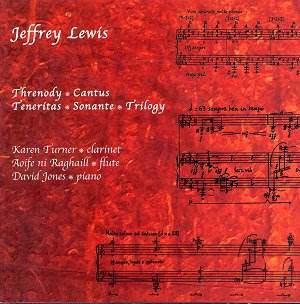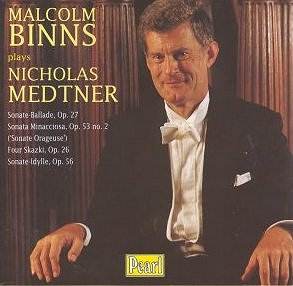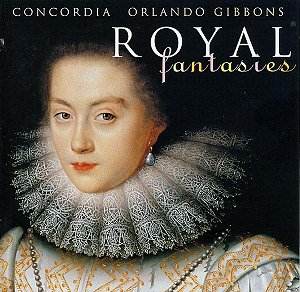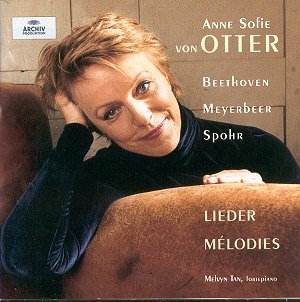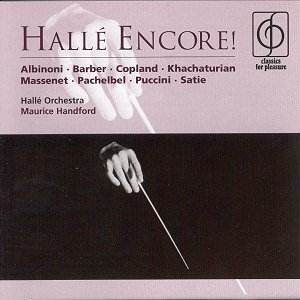 Composer: Various
Composer: Various
Works: Aaron Copland: Fanfare for the Common Man; Aram Khachaturian: Spartacus: Adagio; Charles Gounod: Mors et Vita: Judex; Hamish MacCunn: Land of the Mountain and Flood, op. 3; Giacomo Puccini: Manon Lescaut: Intermezzo; Pietro Mascagni: Cavalleria Rusticana: Intermezzo; Erik Satie: Gymnopédies: 1, 3; Jules Massenet: Thaïs: Meditation; Remo Giazotto: Adagio in g minor; Johann Pachelbel: Canon; Traditional Welsh: Suo gan; Samuel Barber: Adagio for Strings, op. 11
Performers: Hallé Orchestra, Maurice Handford
Recording: Free Trade Hall, Manchester, June 1979, May 1980
Label: EMI Classics for Pleasure 574 9452
The Hallé Orchestra’s compilation “Encore!” under the baton of Maurice Handford offers a nostalgic journey through a selection of beloved orchestral works, each exuding its own emotional depth while reflecting varied compositional styles. Handford, who served as deputy to Sir John Barbirolli, brings a sense of historical continuity to this recording, aligning the performance with the rich legacy of the Hallé. The collection is not merely a retrospective but a thoughtful curation that illuminates the emotional landscapes of its time, a theme particularly resonant in the late 20th century as audiences sought solace in music during tumultuous periods.
Handford’s conducting exhibits a commendable grasp of each work’s character, particularly notable in the opening “Fanfare for the Common Man” by Copland. Here, the brass section asserts a bold proclamation, marked by a precision that is both striking and reverberating with patriotic fervor. The subsequent transition to Khachaturian’s Adagio reveals Handford’s ability to maintain a lyrical line, capturing the inherent tension and tenderness within the music. The strings convey an ethereal quality, a feat enhanced by the vibrant acoustics of the Free Trade Hall, which retains a warm resonance despite the passage of decades since the recording.
The interpretation of Puccini’s “Intermezzo” from Manon Lescaut stands out for its lushness and depth, with the Hallé strings weaving a tapestry of sound that envelops the listener. Handford’s attention to dynamic shading allows for a nuanced interpretation that breathes life into the familiar phrases. In contrast, the “Adagio” attributed to Albinoni, orchestrated by Giazotto, feels almost sacrosanct; the performance is heartfelt, capturing the essence of this oft-misunderstood piece. Handford’s handling of phrasing here is particularly effective, allowing moments of silence to speak volumes, thus creating a meditative atmosphere that lingers long after the final note.
Recording quality is remarkably clear, a testament to EMI’s engineering prowess. The balance between sections is commendably maintained, allowing each instrument to shine without overshadowing others. The clarity of the woodwinds in the gentle “Suo gan” juxtaposes beautifully with the imposing brass of the Barber “Adagio,” which, while well-played, perhaps lacks the gravitas one might find in Leonard Bernstein’s more celebrated interpretations. Handford’s approach here is less about overwhelming emotionality and more about introspective reflection, which may resonate differently with various audiences.
The Hallé’s performance of MacCunn’s Land of the Mountain and Flood offers an engaging vitality that, while perhaps not as robust as Sir Alexander Gibson’s famed interpretation, holds its own with a sense of earnestness. The strings exhibit a spirited energy, adequately capturing the Scottish Folk influence which underpins the work. Massenet’s “Meditation” is rendered with a sweet tone, though Milner’s intonation does not reach the heights of some of his contemporaneous soloists, which slightly diminishes the overall impact of this otherwise enchanting piece.
This recording serves as both a historical artifact and a charming collection of popular orchestral works. It is not merely a nostalgic nod to the past but a testament to the enduring appeal of these pieces, performed with a sincerity that resonates. While some interpretations may not match the heights of their more renowned counterparts, the Hallé Orchestra under Handford offers an enjoyable and musically enriching experience. For those looking to immerse themselves in a rich tapestry of orchestral color and emotional depth, “Encore!” is a rewarding listen that encapsulates the essence of an era while celebrating the timeless beauty of classical music.
